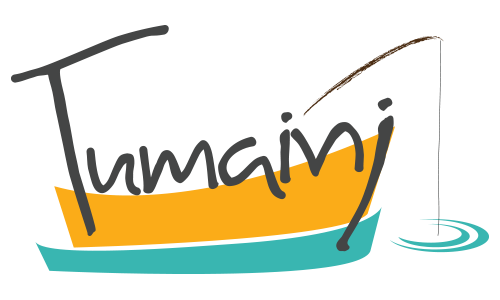Discover Bolivia
Bolivia is the poorest nation in South America, but it is rich in many other ways. From the cold of Uyuni to the heat of the jungle and Santa Cruz, it has an incredible variety of landscapes, a rich culture, and a past full of amazing stories. Bolivia is the most indigenous nation in South America. More than 60% of the population claims indigenous heritage.
Why do we like Bolivia?
For the authenticity of its people, who have preserved their languages, traditions and beliefs intact for centuries. For being a place where nature gives free rein to its imagination: endless salt flats, geysers, steep Andean mountain ranges, tropical jungle, overwhelming biodiversity... For its colonial streets, the high altitude life, the slopes and the history.
What is going on with animals in Bolivia?
Drugs, weapons, trafficking in people... and animals!. Yes, you read that right. In the world ranking of organized crime, illegal animal trafficking ranks fourth, generating between 10 and 20 billion dollars a year, according to WWF. Because of this, the future of more than 7,000 of the world's species is at serious risk.
In Bolivia, precisely because of its high biodiversity richness, the situation is particularly serious. Of the more than 190 countries on Earth, Bolivia is among the 17 considered "megadiverse", i.e. a country possessing a large percentage of the planet's biological biodiversity. But the illegal trafficking of wild animals endangers this wealth. In fact, 70 species are already endangered because of it.
Animals are captured from the wild or bred in captivity in illegal farms and then sold, either the animals themselves or parts of them (skins, tusks, etc.). They are exploited in circuses, used as pets, or, in the case of parts, they are used to make ornaments or products for consumption (in China, tusks are considered an aphrodisiac). Jaguars, parrots, turtles and monkeys are the most sought after.
Fortunately, the NGO we work with in the jungle of Bolivia rescues animals from illegal trafficking and helps them to return to life in the most natural way possible. It also preserves the flora and fauna of the environment and has a rehabilitation and animal care programme in which volunteers are an essential part.
CAPITAL: Sucre
POPULATION: 11.3 Million
HOURLY USE: UTC-4
CURRENCY: Bolivian
OFFICIAL LANGUAGE: Spanish







